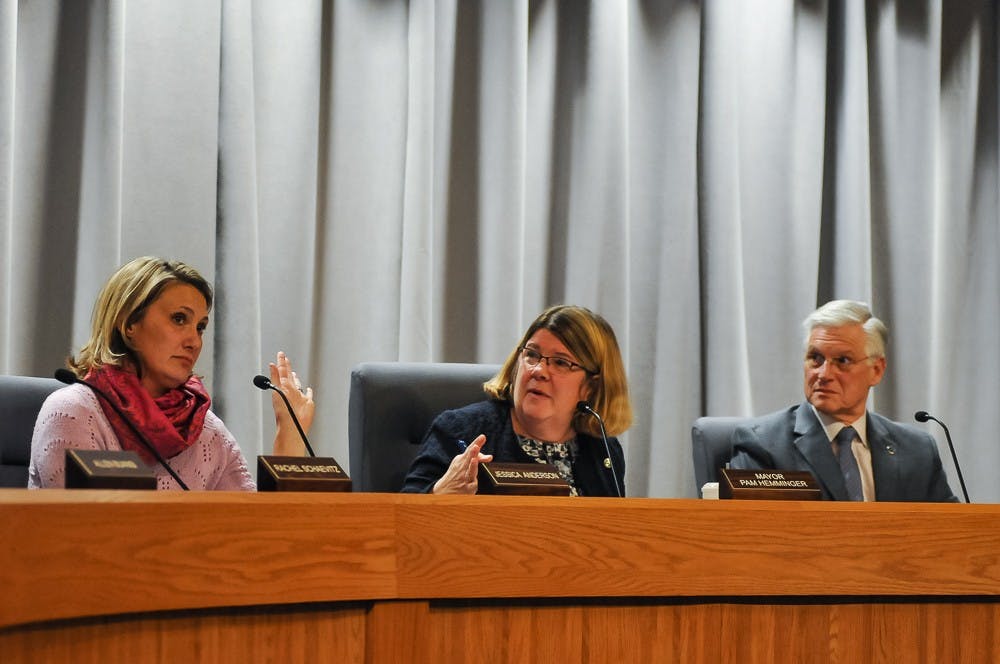“A budget is a moral document.”
The saying is so common these days as to feel cliched, yet it bears repeating. The budgets we set and approve reflect our values, our priorities and our aspirations.
Perhaps we did not recognize it at the time, but the values set in the Town of Chapel Hill were made clear to us from the very beginning. Here in our hometown, where neighbors proudly ascribe to tolerance, liberalism and progressive ideals, police officers patrol the hallways of our schools from middle school onwards. Those very same halls foster the second-largest achievement gap in the country between white students and their Black and Latinx peers. Our neighborhoods are segregated and complicit in the stark racial wealth gap across the United States that causes Black families to own just one cent for every dollar in wealth held by white families. In short, our town espouses grand morals. But look to its budget, and you’ll find a different story.
If the past weeks have proven anything, it’s that the police system is overwhelmingly escalatory and militarized. Even more damning, the institution itself is a direct descendant of vicious slave patrols and a continued manifestation of anti-Black racism. And yet, in the wake of the killings of George Floyd, Breonna Taylor and countless other Black Americans at the hands of the police, the Town of Chapel Hill is proposing to maintain the police as the largest expenditure in next year’s budget.
Twenty-four percent of the proposed FY 2020-21 general funds budget is dedicated to the police department, while a shameful 1 percent is devoted to Housing & Community. This is especially disturbing given the increasing problem of gentrification and homelessness throughout Chapel Hill, a problem that cannot be untied from the foundational evils of housing segregation and anti-Black racism throughout the South.
The number of people experiencing homelessness in Orange County has risen by 13 percent since 2010, but the Town and county have effectively shipped this challenge off to countless nonprofit organizations, who struggle to meet the needs of so many. For homeowners in Northside, a historically Black neighborhood, property taxes rose more than 500 percent between 2000 and 2016.
While this problem rages on, Chapel Hill's mayor and Town Council are recommending we spend more money on a police system that terrorizes Black residents than on housing, parks and the library combined. If we consider ourselves a moral town, a welcoming town and above all, a town committed to anti-racism, then we should strive to defund our police system and divert that money to public welfare.
What does this mean? It means pulling officers out of the Chapel Hill-Carrboro City Schools district and refusing to finance the school-to-prison pipeline. It means transparency in our police department’s existing budget and a commitment to defund continued brutality. It means investing heavily in education, employment and housing for our Black community in an effort to reconcile for centuries of codified oppression.
It has been proven through extensive research that people do not commit crimes because of their race or mental health status; rather, people most often engage in “unlawful activity” because their basic needs are unmet. And here in Chapel Hill, we know better than most that the safest neighborhoods are not those with the most police — they are those with the most resources. A gradual defunding of the police department paired with investments in expansive social services will make our town safer, healthier and more equal. If the Town Council decides to not pursue this plan of action, it is only perpetuating the conditions of injustice that have characterized our nation from the very start.




